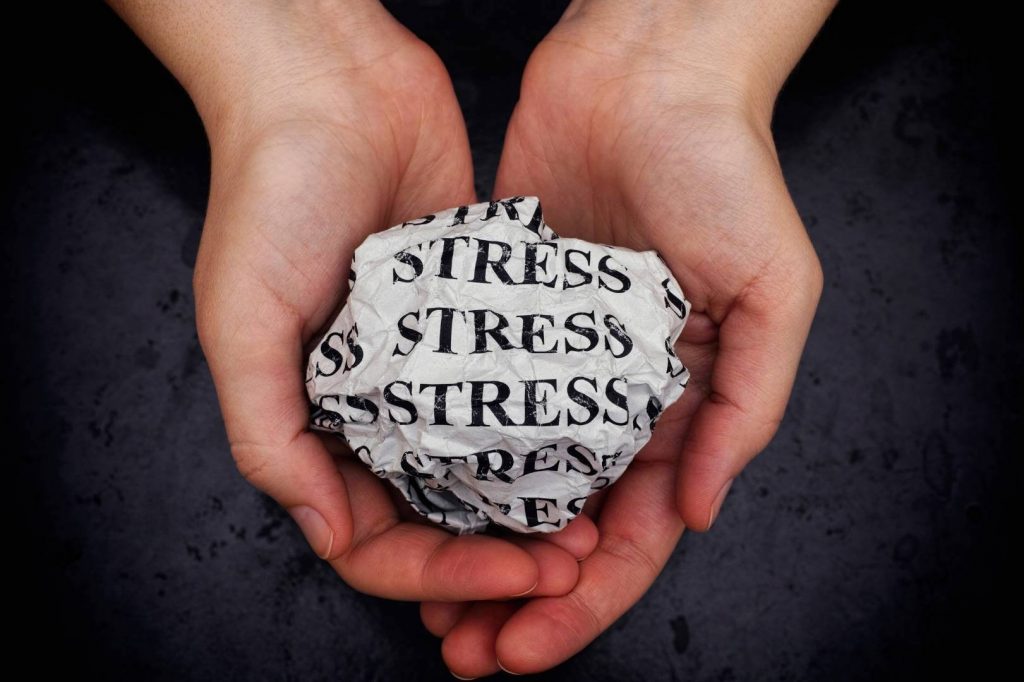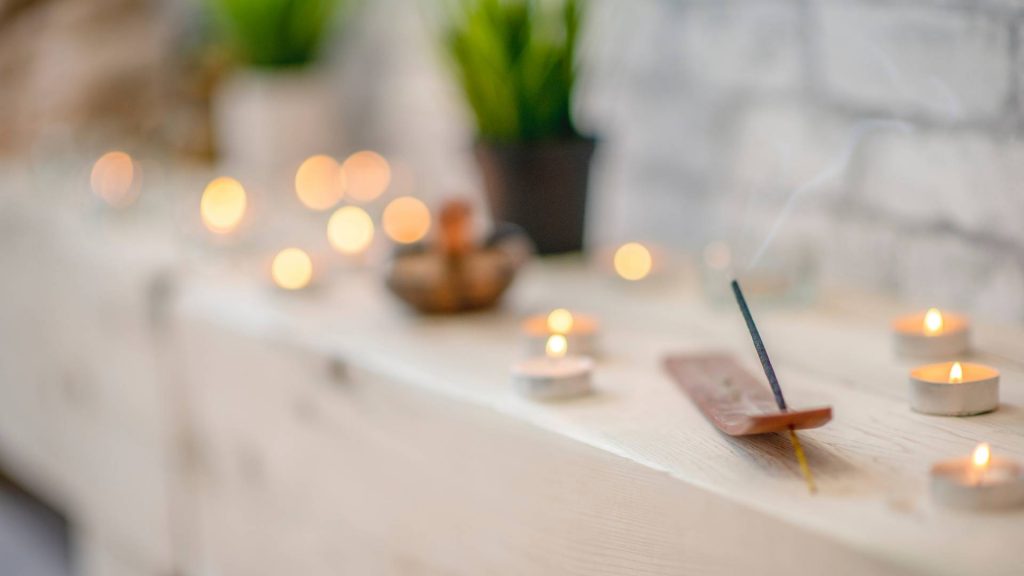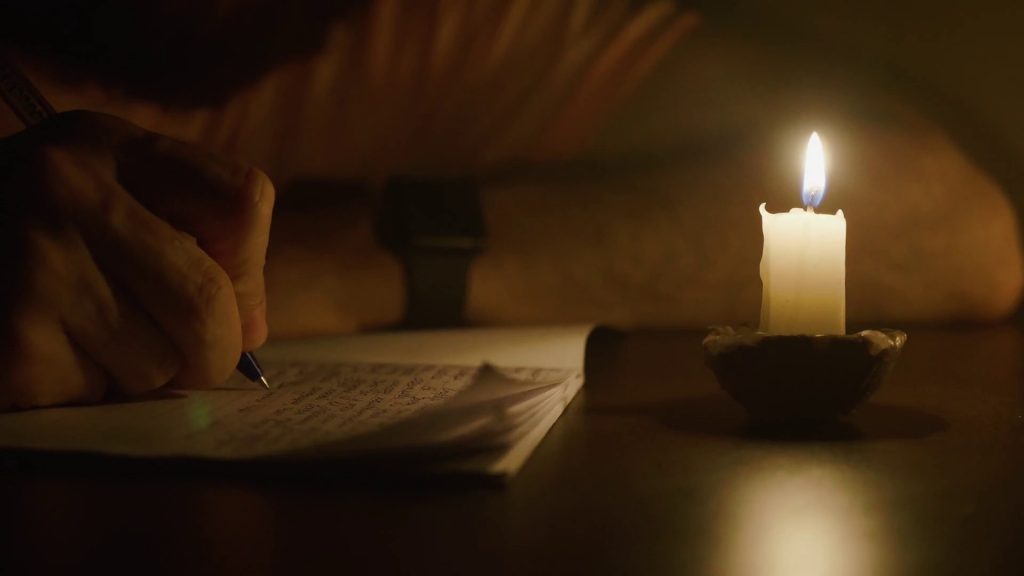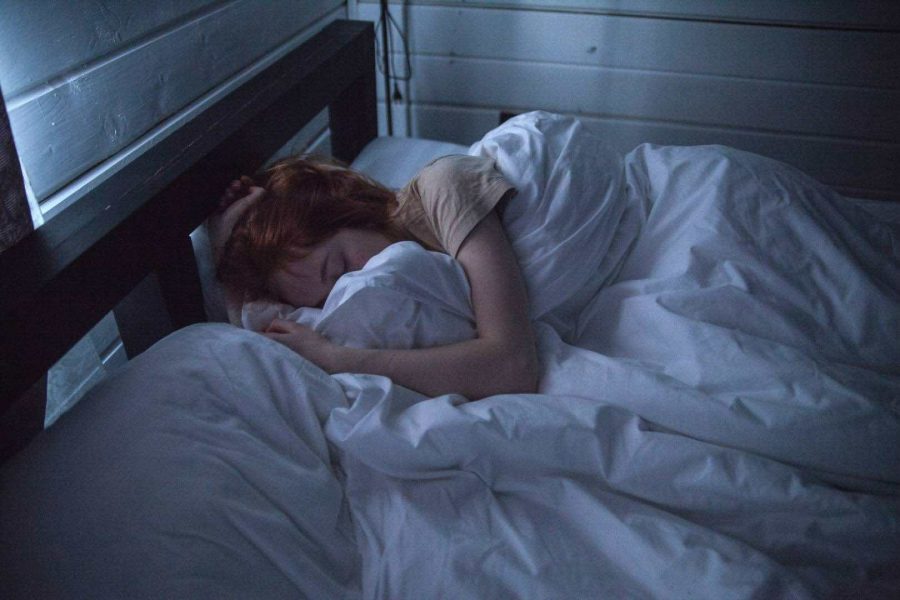I’m not a sleep specialist, but as someone who used to suffer terribly from insomnia, to now being someone who sleeps well most of the time, I feel like I have a lot of insight and useful suggestions that others may find helpful.
I’ve read so many sleep articles that repetitively mention the same things, but in this article, I want to share what has been successful for me personally. These are mindfulness actions for insomnia that you can apply almost like a formula during those difficult nights.
As well as the suggestions below, I advocate that therapy can also be helpful for those struggling with insomnia. You may be supressing things or stuck in behavioural patterns you’re not even aware of. Having someone where you can be open, honest and feel safe talking to can be life changing.
It gives you extra encouragement, support and motivation, plus a therapist can guide you to become more self-aware, give you coping mechanisms, tools and strategies to help you manage your own wellbeing more effectively. It can be challenging to do all of that by yourself.
Don’t Stress

I know, I know. It’s easy to just say don’t stress, but it’s not easy to do. Regardless, getting anxious and worried about not sleeping will make things ten times worse. I used to do this all the time and of course it’s a normal reaction.
You get upset and annoyed that you can’t sleep, plus you start to imagine how crappy your day is going to be as you’ll be feeling exhausted. Sadly, you cannot force sleep to happen.
You’re already suffering from insomnia, why make it worse? The only healthy way to deal with it is through acceptance. Surrender to the fact that you may not sleep at all, or at least very little. When you do that, the pressure you’re putting on yourself, and burden of worry is released.
When you accept the situation for what it is, it’ll feel like taking a weight off your chest. And surprisingly enough, it might even help you to sleep, because you’ve now removed that tension and desperation.
Get Out of Bed

I know the bed is warm and cosy. When the pillow is softly cushioning you head, all you want is to stay lying down in the hopes that eventually you will pass out. But if you can’t sleep after 20 minutes then it’s time to get out of your bed. Why?
Thinking, stressing, tossing and turning in your bed is the worst thing you can do because you then associate it with restlessness. Your mind and body start to relate your bedroom space with being unable to sleep. It then becomes a habit that you lay down and can’t sleep.
It is hard to force yourself to get up -trust me, I know- but it does do wonders to reset your system and form a better relationship with your bed and sleeping environment. This is backed by a study too.
Only Sleep and Have Sex in Your Bed
To add from that, associating other forms of wakeful stimulation other than sex, such as reading, watching TV, using your phone, tablet, or laptop is also a detrimental mistake for many. Not only is the light exposure bad, but watching videos, checking social media, using apps and playing games will just activate your brain.
Your mind will form an association that your bed is for normal daytime activities, not for resting and sleeping. So, if possible, leave all devices in another room. When you don’t feel sleepy and can’t nod off, go to another space. What should you do after getting up? Keep reading.
Do Something Relaxing

It’s important that you train your mind and body to realise it’s ok not to sleep well all the time. It’s not a sin. So do something relaxing and enjoyable. Read a book, listen to some music, relax on the sofa, drink a herbal tea, do a hobby that feels therapeutic like painting, knitting, or playing a musical instrument, if possible.
This is a great way to switch off from your busy mind. After a while you might find that sleepiness then starts to set in naturally. Again, it’s important that you train your mind and body to understand that it’s ok if you can’t sleep. So, instead of it becoming an ordeal, relax into it, enjoy that extra quiet time for yourself.
Meditate

Meditating in the silence of night is liberating. Everybody else is asleep, the normal bustle and business of the day is dampened or non-existent depending on where you live of course. Regardless, nighttime is a great opportunity to meditate.
It’s how we learn to cultivate present awareness through observation of our thoughts, bodily sensations, senses, and environment. It’s a way to settle, ground and rest in the present moment without judgment and with complete acceptance.
By meditating you can bring peace and quietness to your restlessness. Restoring the balance and preparing you back into a relaxed state of mind ready for sleep.
Journal

I try to journal every day, even if it’s just a sentence or two. The real benefit of journaling is that it gets your thoughts out of your busy mind. When you’re anxious, stressed and worried, the mind can feel like it’s spiralling out of control.
It’s easy to get stuck in thought loops that spin round in circles but writing them onto paper can break that cycle. It’s a therapeutic process and being able see your thoughts laid in front of you, somehow arranges and organises them. It can even allow you to look at them differently, giving you a fresh perspective.
You may then be able to problem solve and figure out what is bothering you. If not, that’s fine too, at least they are now out of your head so to speak. Why not try it for yourself and see if you find it helpful?
Do Something Productive

Now this is something that a sleep specialist probably would not recommend. Why? Because doing work or something productive will most likely stimulate your mind. But if you’re a busy and ambitious person like myself, you’re probably concerned that the lack of sleep is going to affect your ability to work on your goals.
This is something that bothers me. So, if after trying all the above for 1-2 hours I still can’t sleep, I’ll start working on something important. That way I don’t feel like the time is wasted. Even if I can’t sleep for the rest of the night/morning, I can relax more knowing that I’ve worked on the stuff I wanted to.
Now there is no pressure to get it done during the day, whilst not feeling my best. This is just what works for me, only you can gauge if this is a good idea for yourself.
Be Present in the Room

Now you’re back in bed, it might still be difficult to switch off. So, focus on being presently aware of your body and the space around you. Start with your body. Focus on the in and out breath. There are many ways to do this.
You can pay attention to the movements of your chest and abdomen, the rising and falling. Direct awareness to the sounds whilst you breathe, plus the feelings around the noise and mouth as the air enters and leaves.
Paying attention to the sensations of individual parts of the body, or the whole body as one helps to be present. Is there any tension, are there areas where you feel nothing? Or feelings of tiredness and relaxation? Also notice how your bed supports you unconditionally, is it comforting? A body scan meditation is a great way to develop this practice.
Being aware of the room and space which you sleep in can be transformative. If the room is quiet, focus on the silence, the tranquillity of it all. Relate it to your breathing, listen to the silence in-between your breaths. Can you also find parallels between the stillness of the room and the stillness within your body?
Is the environment noisy? If earplugs are not an option, apply the same technique. Listen to the silence in-between the sounds and don’t mentally resist or complain about the disturbances present. Is there a breeze in the air? Focus on it, notice how it interacts with your body. Is the room warm or cold?
You get the idea. Use you senses to explore what’s happening within and externally. That way you are completely present, rather than being lost in your mind.
Nothing is Permanent, Including Insomnia
Sometimes it feels like insomnia will never end or that it’s not fixable. That’s not true, but it’s about finding out what works for you. That could involve having to go deeper to find out if there are underlying issues you need to address first. Otherwise, I hope that the mindfulness actions for insomnia in this article will be useful for some.
Apart from the above suggestions for nighttime, I maintain a healthy lifestyle which includes regular exercise and eating well. Practicing mindfulness throughout my day and meditating are also common practice for me now. It’s taken me many years to win the insomnia battle, but if I can do it, so can you!
Did you find this article helpful? Do you have any questions or other tips for dealing with insomnia? I’d love to know in the comment section.
Take care of yourselves,
Chris from Mindfulness Actions


